NSW bushfires: Ongoing blazes creating health crisis, doctors say
Australia is in uncharted territory and facing a new crisis as pressure mounts on the public health system during the nationwide bushfire emergency, an influential medical organisation says.
NSW
Don't miss out on the headlines from NSW. Followed categories will be added to My News.
- Sydney’s air quality worst in the world due to bushfires
- Man burned, four fireys injured in overnight blaze battles
Australia faces a new crisis as pressure mounts on the public health system during the nationwide bushfire emergency, an influential medical organisation says.
The Royal Australasian College of Physicians, which represents more than 17,000 doctors, says Australia is in uncharted territory when it comes to assessing the long-term health effects of the current bushfire season.
Respiratory expert and RACP president-elect Professor John Wilson said a comprehensive and coordinated public health response was needed.
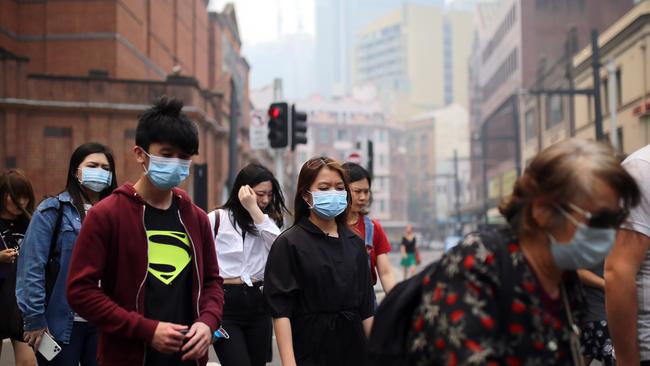
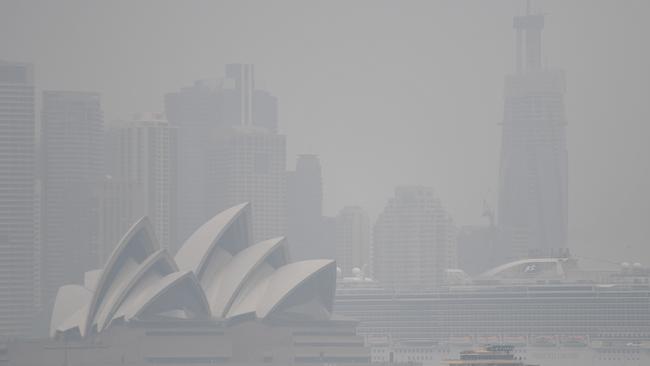
CIGGIE INDEX: SEE WHICH AREAS HAVE THE WORST AIR QUALITY
“This is an unprecedented public health crisis and we don’t yet know the impact this prolonged exposure to bushfire smoke is going to have,” he said in a statement.
“Since the bushfire crisis began, doctors have already seen an increase in patients presenting with respiratory issues.
“It’s critical that there is a comprehensive and coordinated response to this health crisis, and that all who need healthcare have timely access to expert health services.”
It is crucial to also keep mental health impacts in mind when considering the effects of the bushfire disaster, Professor Wilson said.
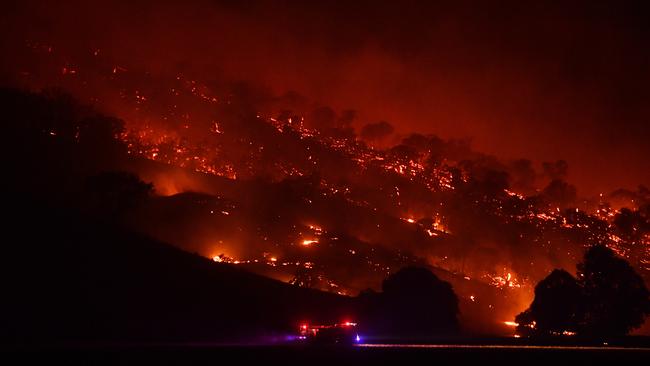
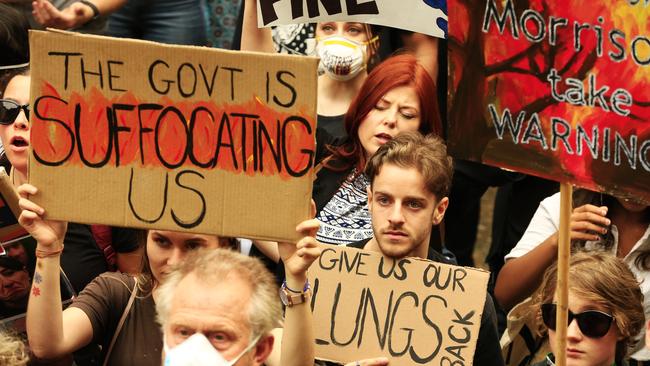

Australasian Faculty of Public Health Medicine president Linda Selvey said the spread of contagious diseases was a risk as recovery efforts began in bushfire-ravaged disaster zones.
“There are also potential health risks relating to evacuation such as food and water supply and quality, and communicable diseases from many people collected together in small places for prolonged periods,” she said.
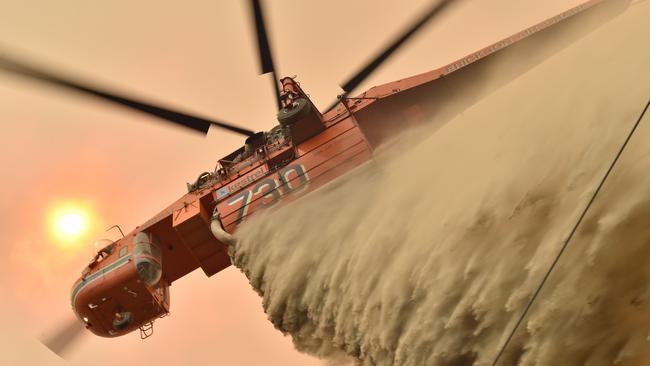
“There are longer-term health risks to people directly affected, particularly relating to mental health and risk of injury and illness associated with the clean-up and rebuilding process.
“All of these factors need to be taken into consideration as we tackle this national public health crisis.”
The RACP was one of 22 organisations that signed a joint statement in December calling on the federal government to combat the health impacts of climate change.
Originally published as NSW bushfires: Ongoing blazes creating health crisis, doctors say
